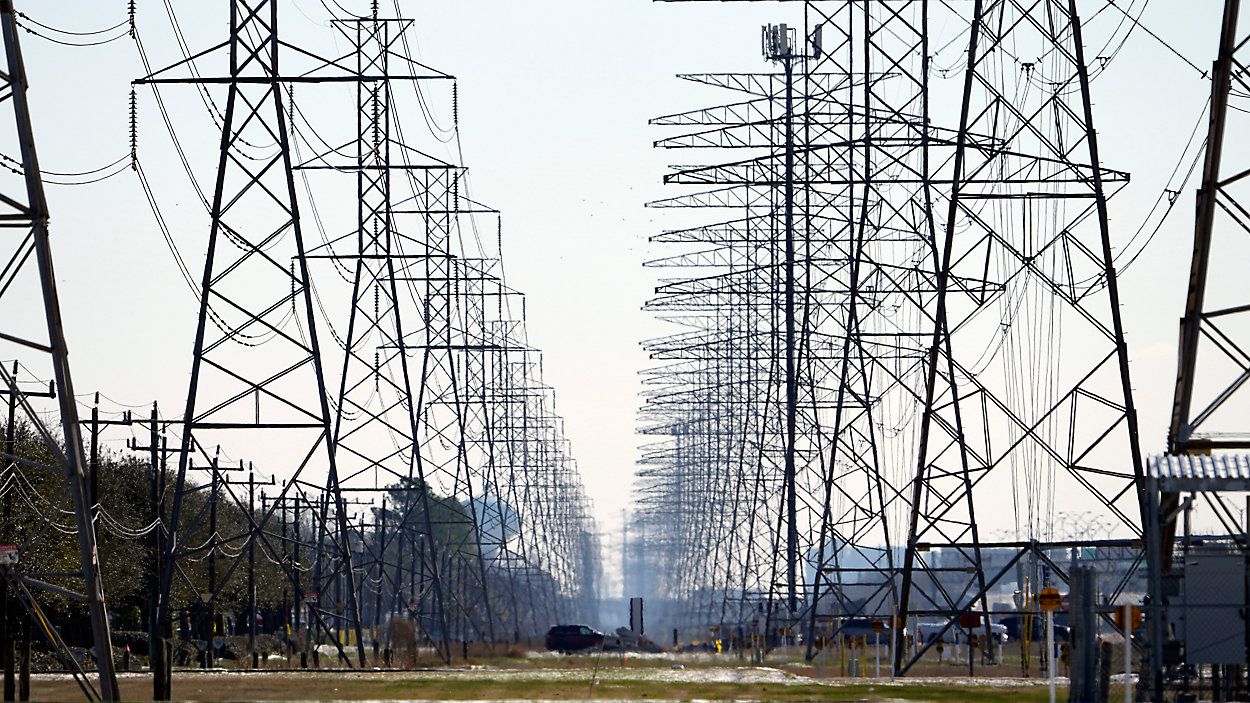TEXAS — While it doesn’t appear the cold front headed to Texas will be anywhere near on par with the frigid conditions that gripped the state in February 2021, a Winter Storm Watch has been issued for parts of the Lone Star State.
The cold front will arrive in North Texas Wednesday, in Central Texas by Wednesday evening, and in South Texas by Thursday morning. Gusty winds and plummeting temperatures will combine to produce very cold “feels like” readings.
If the prospect of winter returning to Texas has you nervous following last year’s devastating storm, the Electric Reliability Council of Texas, commonly known as ERCOT, the agency that oversees the state’s electrical grid, Tuesday said the grid is “more prepared for winter operations than ever before.”
ERCOT on Tuesday reported it has filed its final winter weatherization readiness report with the Public Utility Commission of Texas. The report, ERCOT said, shows 321 out of 324 electric generation units and transmission facilities fully passed inspection.
ERCOT further said the three "resources" that didn’t fully pass inspection have been identified for further inspection but remain functional.
“We are confident these 321 inspected facilities either meet or go beyond the new requirements from the Commission and we will continue to work with the other 3 facilities to ensure they correct remaining deficiencies,” said Woody Rickerson, ERCOT vice president of system planning and weatherization. “Our teams spent thousands of hours preparing for and conducting these 324 on-site inspections to ensure the electric grid is prepared for winter.”
While that sounds promising, it’s not enough to satisfy all critics. Power plants and electricity providers are required to winterize, but the same isn’t true for natural gas facilities, which are overseen by the Railroad Commission.
The Railroad Commission in 2021 passed a rule requiring essential natural gas facilities to register as “critical infrastructure” so they won't be impacted by rolling blackouts in severe weather.
But that doesn’t currently include any weatherization requirements, and won’t, until officials have completed a map of the natural gas supply chain.










